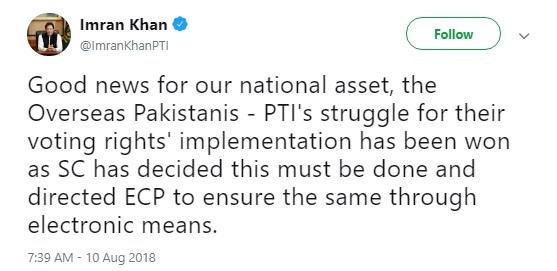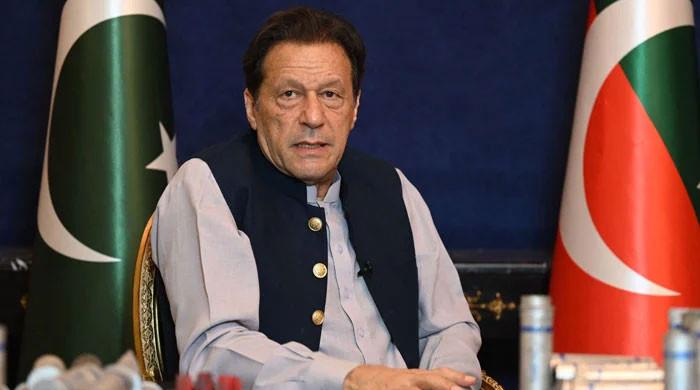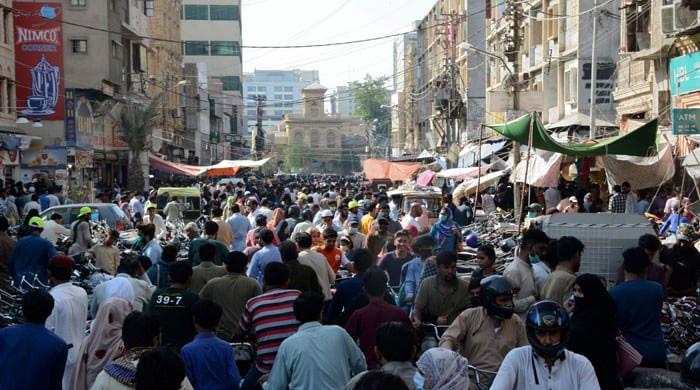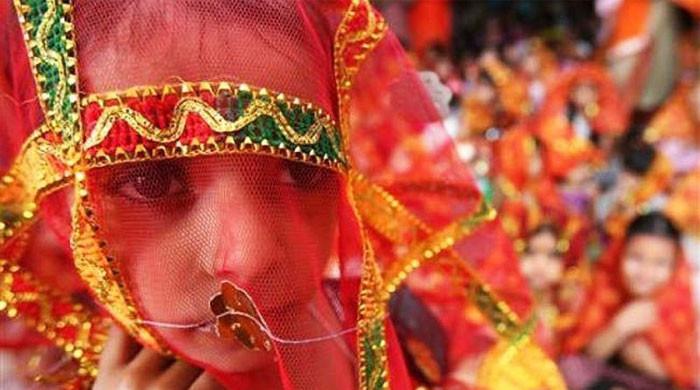Government abolishes NICOP: How will overseas Pakistanis vote?
Overseas Pakistanis were granted the right to vote for the first time last year
August 01, 2019
The government’s decision to end the requirement of a special identity card from non-resident Pakistanis could bar expatriates from voting in their home country’s next general election, warn officials.
Overseas Pakistanis were granted the right to vote for the first time last year, thanks to a court ruling. In August, the Election Commission of Pakistan (ECP) was directed by the country’s top court to set up an online voting system, as a pilot project, which will permit non-resident Pakistanis to cast their ballots in the by-elections. In October, over 6,000 Pakistanis voted in 34 constituencies through the Internet.
The court had ruled on a petition filed by Imran Khan, chairman of the Pakistan Tehreek-e-Insaf (PTI), who was elected prime minister in July. Khan and his political party had been demanding rights for the roughly seven million Pakistanis living outside the country, who were not eligible to vote.
Soon after the court verdict, Khan tweeted: “Good news for our national asset, the Overseas Pakistanis – PTI’s struggle for their voting rights’ implementation has been won.”

Khan is known to enjoy considerable popularity amongst the expat communities. This month, Prime Minister Imran Khan addressed a record gathering of Pakistani-Americans in Washington DC.
For the October exercise, only those non-resident Pakistanis were allowed to vote who had a valid machine-readable passport and National Identity Card for Overseas Pakistanis (NICOP), a document issued to those living abroad by the state’s National Database and Registration Authority (NADRA).
But in November, the government ended the requirement for overseas Pakistanis to obtain the special card, on the recommendation of the Ministry of Overseas Pakistanis and Human Resource Development. The decision was taken to facilitate emigrant workers who travel to other countries seeking employment, and reduce the number of documents required from them.
“I don’t think anyone has thought about what will happen now,” says Altaf Ahmed, the spokesperson of the ECP, “How will the voters vote online?”
Syed Zulfiqar Bukhari, the special assistant to the prime minister for overseas Pakistanis and Human Resource Development, who is believed to behind this initiative did not respond to Geo.tv’s requests for comment. However, Pervaiz Ahmed Junejo, the secretary at the ministry, explained that the NICOP requirement had not been ended across the board. “There is some misconception about this,” he tells Geo.tv, “We have only finished the NICOP requirement for emigrant workers. We can do no have the power right now to end it entirely.”
Migrant workers make up a considerable chunk of the overseas population of Pakistan. In fact, Pakistan is one of the largest labour sending countries in the region, according to the International Labour Organisation. Majority of the workers are either semi-skilled or poor labourers who travel to the Gulf countries in search of work. For them, paying between Rs2,500 to Rs10,000 to obtain a NICOP was an unnecessary burden and a hassle says the secretary.
While this may ease travel for Pakistani emigrant workers, it would make voting from abroad difficult. A large number of the votes polled during the October election were from the UAE and Saudi Arabia, according to an internal report of the ECP.
“[NICOP] was the only solution we came up with when the court-ordered us,” says Altaf Ahmed, “I don’t even know what else can be done or what new system can be put in place. To be honest, I didn’t know NICOP had been abolished until right now.” A report compiled by the ECP about e-voting is now with the parliament. “The national assembly will have to decide the way forward and on what can be done to facilitate voters abroad,” Ahmed adds.











